Humanism • Spirituality • Well-being
No products
Prices are tax included
Product successfully added to your shopping cart
There are 0 items in your cart. There is 1 item in your cart.
Les racines de la conscience
The archetype: its nature, its meaning
2 Items
In stock Delivery 2 to 4 days
Description
Archetypes and the Collective Unconscious revisits, develops and expands upon the concept of the archetype, which occupies a central place in Jung’s thought. Archetypes are the eternal patterns of the human soul, the images and symbols that inhabit the collective unconscious and structure the flow of psychic energy. Jung explores their nature and meaning from different and complementary angles (history, case presentations, psychological theory and practice) which give unity to this collection. After defining the archetypes present in the collective unconscious, in particular the image of the mother and the idea of the anima, Jung illustrates his argument through an analysis of recurring symbols in the oeuvre of a third century alchemist and Gnostic, a radical new study of the Christian rite of mass and a discussion of archetypal representations of the tree in mythology and religion. The work concludes with a theoretical reflection on the nature of the psyche, which notably demonstrates that the conscious is not a creation ex nihilo but is rooted in the genesis of the species.
Characteristics
| Author | CARL GUSTAV JUNG | |
| Editor | HACHETTE | |
| Number of pages | 706 | |
| Type of book | Broché | |
| Language | French | |
| Dimensions | 11 x 17,5 |
Freud - Jung - von Franz
-
Books
- Western traditions
-
Western mystical authors
- Bacon Francis
- Boehme Jacob
- Bruno Giordano
- Davy Marie-Madeleine
- Desjardins Arnaud
- Dürckheim Karlfried Graf
- Eckartshausen Karl von
- Lévi Eliphas
- Maier Michael
- Maître Philippe
- Mystiques chrétiens
- Papus
- Paracelse
- Pic de la Mirandole Jean
- Saint-Yves d'Alveydre Alexandre
- Schwaller de Lubicz René Adolphe et Isha
- Sédir
- Souzenelle Annick de
- Steiner Rudolf
- Swedenborg Emmanuel
- Teilhard de Chardin, Pierre
- Vinci Léonard de
- Oriental traditions
- Oriental mystical authors
- Other traditions
- Religions
- Symbolism - Wisdom- Spiritual practices
- Philosophy- Utopias
- Prayer - Meditation- Visualisation
- Science and spirituality
- Gift books
- Arts divers (Peinture - Sculpture - Architecture - Danse ...)
- Music
- Novels - Tales - Poems
- Biographies
- Audiobooks
- Health
- Psychology
- Inner fulfilment
- Children' s books
- Death - NDE - Palliative care (support to the terminally-ill)
- Reincarnation - Karma
- Ecology - Nature
- Feng Shui - Geobiology
- Tarots - Pendulums
- Foreign mystical literature
- Coffee-table books
- Rosicrucian books
- Martinist books
- Incense
- Ritual objects
- Music
- Health and well-being
-
Gift Ideas
- Traditional objects
- L'esprit de la Chevalerie &
- Nature
- Terrestrial, celestial, and planetary globes
- Le plaisir d'écrire
- Postcards - Stationery
- Candles - Candle holders - Candle snuffers
- Parfums d'intérieur
- Jewellery
- Home and garden decoration
- Children
- Divinatory arts
-
Noël 2025
- Hildegarde de Bingen
- Lumières du Moyen Âge
- L'esprit de la Chevalerie
- La quête de la Lumière
- Beaux-Livres
- Le plaisir de lire
- La méditation
- Le jardin secret
- Les murmures de la nature
- La langue des oiseaux
- Beauté de l'univers
- L'âme de la rose
- Encens rosicrucien
- Encens divers
- Rêves d'Orient
- L'Égypte, terre de Tradition
- Le monde des senteurs
- Bijoux
- L'enfance
- Noël
- Cartes de fin d'année
- Rosicrucian and Martinist items
from 95€
change your mind
payment






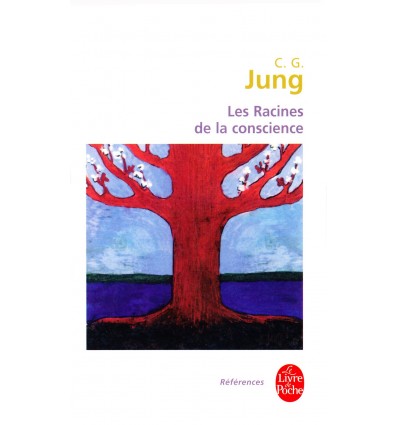

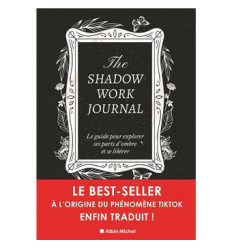

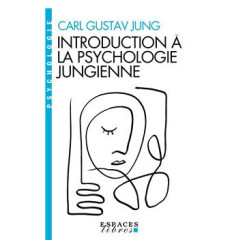
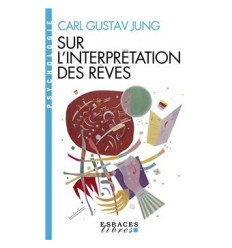
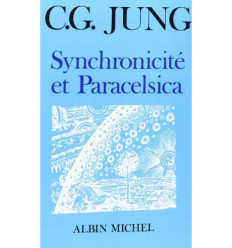
Follow us